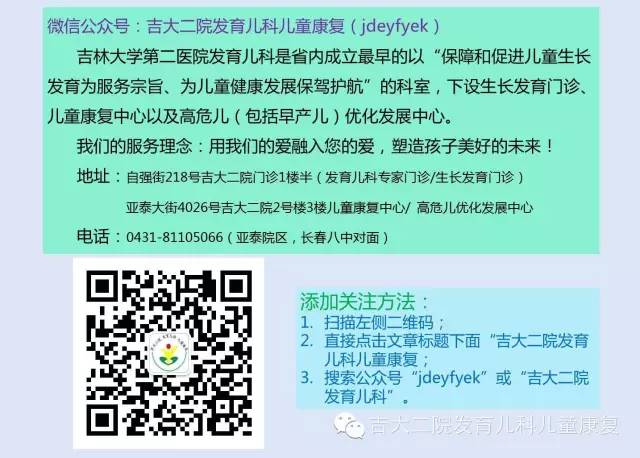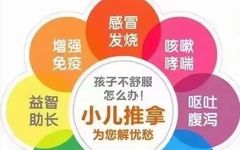Lan Jinqiu, a pediatric tuina therapist at the Second Hospital of Jilin University, graduated from the Acupuncture and Tuina College of Changchun University of Traditional Chinese Medicine, and has been engaged in pediatric tuina therapy for over 9 years. He specializes in early rehabilitation interventions for high-risk children such as premature infants and those with neonatal asphyxia, as well as tuina treatment for conditions like pediatric cerebral palsy, developmental delays, torticollis, and brachial plexus injuries. He is also skilled in using TCM techniques for pediatric spleen and stomach health, sleep issues, and other common pediatric conditions.

1. The Functions of Pediatric Tuina

The functions of pediatric tuina can be summarized as: balancing yin and yang, harmonizing the organs, unblocking the meridians, promoting qi and blood circulation, and strengthening the body’s defenses while expelling pathogens. Specifically, they manifest as:
1. Enhancing Various Functions of the Child’s Body
The therapeutic functions of acupoints and meridians have been confirmed by modern clinical medicine. Acupoints are the most important points on the meridians; by stimulating these points, one can adjust the flow of qi and blood and balance yin and yang. When the righteous qi is abundant, it can resist pathogens, thereby enhancing immunity and reducing the likelihood of illness. Extensive clinical practice has proven that pediatric tuina indeed enhances children’s immune function, while also ensuring that children have sufficient qi and blood, a balanced diet, strong appetite, and normal development.
2. Alleviating and Relieving Children’s Pain
If a child is ill, tuina applied to a specific body part or acupoint can induce corresponding physiological changes in the related organs through the meridian connections, thus achieving therapeutic effects. Pediatric tuina has a wide range of applications and can effectively treat common ailments in children such as colds, fevers, coughs, diarrhea, abdominal pain, constipation, anorexia, asthma, drooling (liquid drooling), malnutrition (ganji), night crying, enuresis, myopia, and muscular torticollis.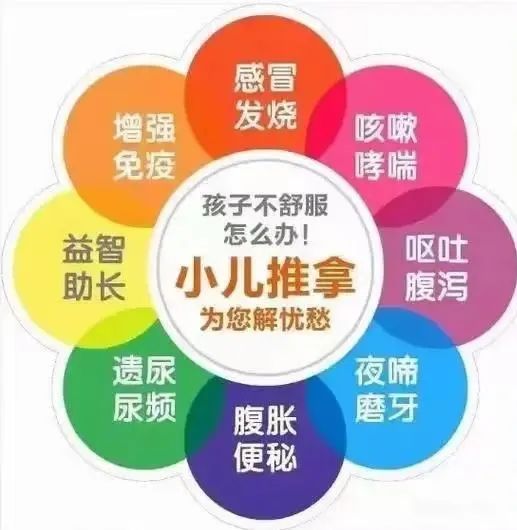
3. Preventing Illness Before It Occurs, Enhancing Children’s Resistance to Disease
The function of pediatric tuina in strengthening the body and preventing disease is mainly reflected in two aspects:A) Prevention before illness: Through pediatric tuina, the child’s qi and blood are harmonized, meridians are unblocked, yin and yang are balanced, and righteous qi is abundant. Therefore, it can help prevent children from getting sick or reduce the frequency of illness.B) Preventing disease transformation: Children can quickly develop serious conditions after falling ill; pediatric tuina can help prevent the onset of disease, stop its progression, and avert critical conditions.

2. What Are the Main Characteristics of Pediatric Tuina?

1. Simple and Easy to Learn, Convenient to Practice
Pediatric tuina is simple to operate, easy to learn and understand. By following the guidelines and practicing repeatedly, one can master the basic techniques and acupoint selection methods. Pediatric tuina is a natural therapy and a unique TCM treatment that requires no instruments, medications, or medical equipment; it relies solely on the hands of an adult to perform techniques on the child’s body surface to achieve health maintenance, prevention, and treatment of diseases. Pediatric tuina is not limited by medical conditions and can be performed anytime and anywhere. It is not only convenient but also cost-effective.
2. Quick Results and High Efficacy
Clinical evidence shows that pediatric tuina has good efficacy for common and frequently occurring diseases in children, especially for digestive system disorders. It also shows favorable results for many chronic and difficult diseases.
3. Safe and Stable, Not Prone to Recurrence
As long as the diagnosis of the disease is correct and the tuina techniques are applied appropriately, there generally will be no safety issues. Using pediatric tuina therapy for disease treatment does not lead to recurrence or any complications. It can be said that pediatric tuina is safe and has no toxic side effects when performed correctly.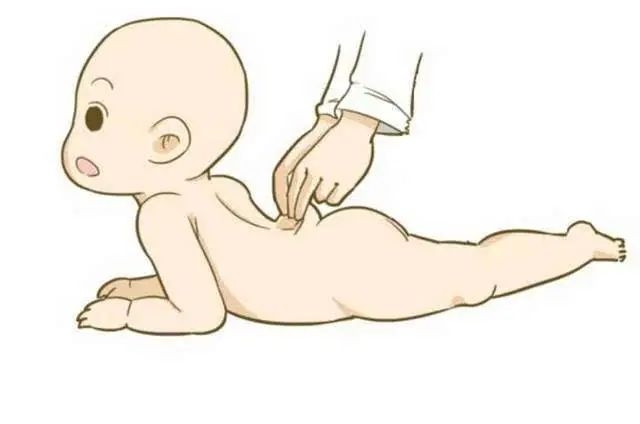
4. No Toxic Side Effects, Beneficial for Recovery
Pediatric tuina is a purely manual therapy that avoids adverse reactions or toxic effects from certain medications, while also correcting any adverse reactions or harm caused by inappropriate dosages of medications. It is a beneficial and harmless treatment method that fully aligns with the current medical community’s advocacy for “non-invasive medicine” and “natural therapies.”
5. Treating the Root Cause, Not Prone to Recurrence
The fundamental reason for the recurrence of chronic diseases lies in the decline of the organ functions or qi and blood. Tuina therapy, based on the fundamental theories of TCM, can target the causes of easily recurrent chronic diseases through techniques that enhance qi and blood circulation and restore organ functions, thus achieving the goal of treating the root cause of the disease. For acute diseases, the body’s functions are generally not significantly impaired, and the tuina process pays attention to functional adjustments, so there will be no residual issues. The recurrence of symptoms can be reduced by improving the body’s constitution. Pediatric tuina emphasizes that for children with weak constitutions, it can not only cure existing diseases but also enhance their immune function and overall health.
6. No Pain for Children, Easy to Accept, Good Compliance
When children are ill, they often suffer during other therapies; even taking medication can be difficult for them, frequently complicating treatment. Additionally, children’s inability to cooperate with doctors can affect treatment efficacy. With pediatric tuina, children do not experience any pain; instead, it is a pleasant experience that alleviates their fear during the treatment process.
7. Preventive Health Care, Suitable for Families
In addition to its excellent treatment effects for common pediatric diseases, pediatric tuina also has significant health maintenance benefits. Parents who regularly perform health tuina on their children can enhance their physical constitution, improve their resistance to diseases, and help them become healthier, making it very suitable for family use.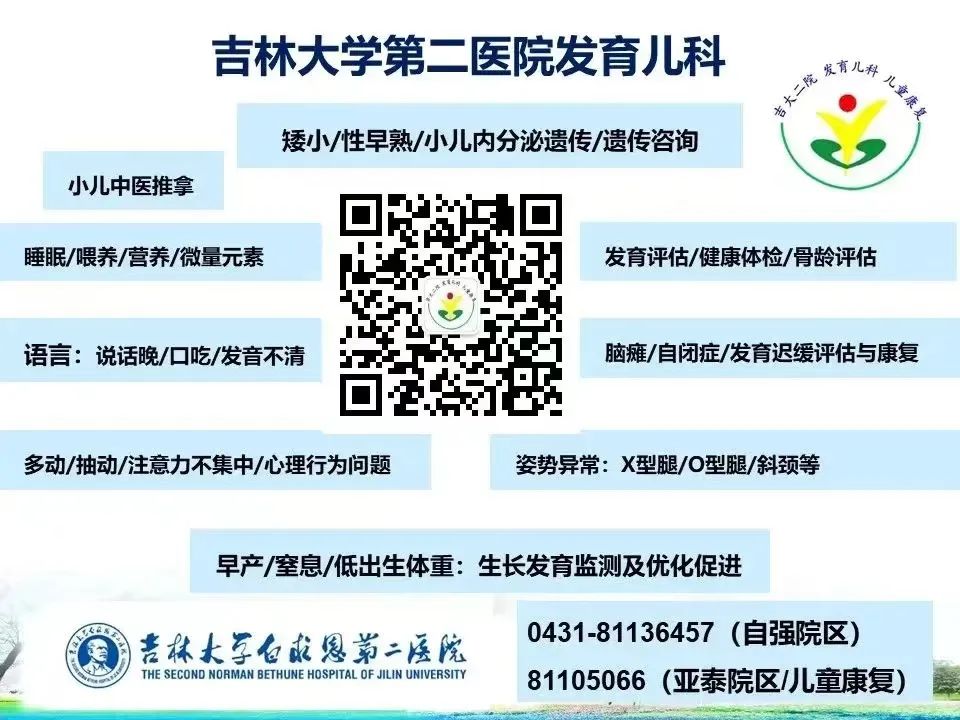 Text and Images: Lan JinqiuReviewed by: Li PingImages sourced from the internet, will be removed if infringing.
Text and Images: Lan JinqiuReviewed by: Li PingImages sourced from the internet, will be removed if infringing.